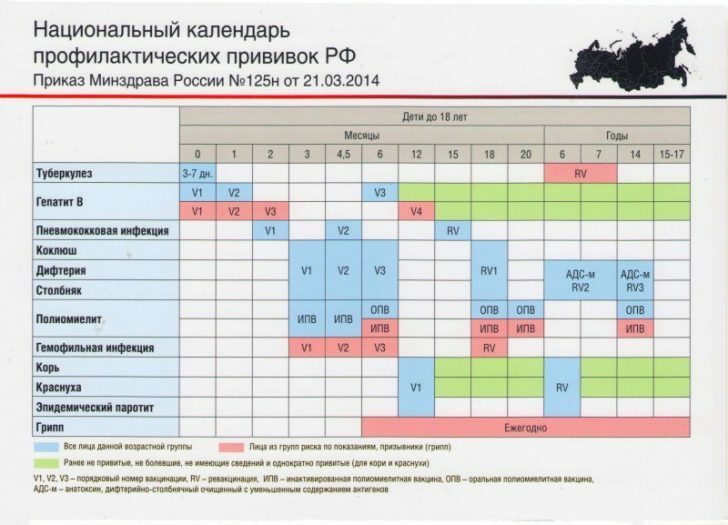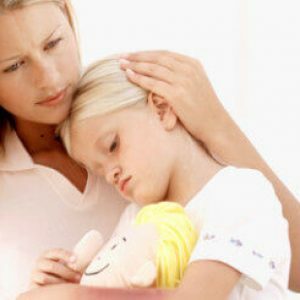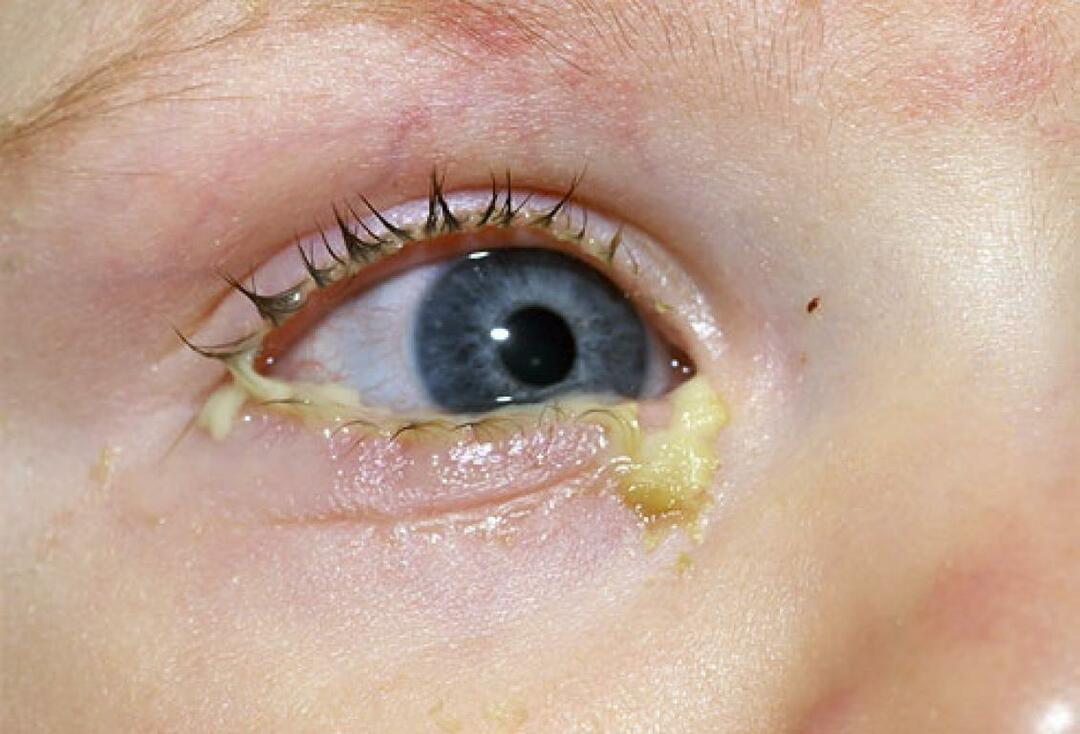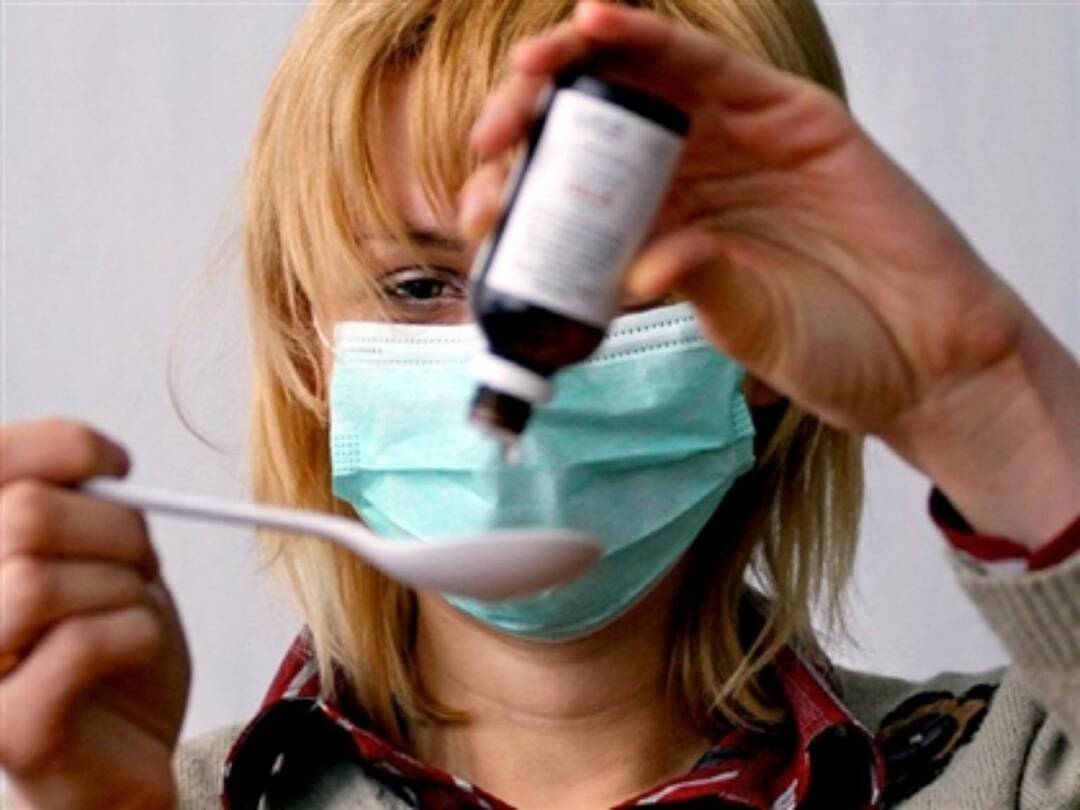Vaccination against rubella for children: timing of vaccination, side effects

Rubella is a disease of an acute course of infectious origin that is transmitted by airborne droplets.As a rule, rubella infection comes from a sick person, but there are cases when the infection gets into the body of a healthy person through contaminated objects.Despite the fact that this disease is considered quite common, not all children suffer from it, the "peak" of infection falls on the age of 2-9 years.
In childhood, rubella flows easily, rarely when the infection is diagnosed in severe conditions.The duration of rubella varies within 7-15 days, complications are extremely rare - 1 case per 1,000 cases.
Table of contents: Rubella vaccines and vaccination schedule Contraindications to vaccination Rubella vaccination: side effects Prevention of complications in vaccination of childrenIf a child has recovered with rubella, then his body develops lifelong immunity, but due to the powerful influence on the body of unfavorable externalFactors may re-infection. The greatest risk of the disease is for the baby when he is in the period of intrauterine development.If the mother has had rubella in the first trimester of pregnancy, the virus can penetrate the placenta into the fetus, and the result will be heart failure, brain development, congenital deafness and other developmental malformations.
Rubella vaccines and vaccination schedule
For the vaccination against rubella in pediatric practice, two types of medications are used:
- Rudivax and Hervewax are monovaccines;
- Priority and MMRII are combined vaccines that are used to immunize against measles / mumps / rubella.
In Russia there is a clear vaccination schedule, according to which vaccination against rubella should be carried out at 1 year and at 6 years of .The selected vaccine is injected into the shoulder or subcutaneous area subcutaneously.Any of the above vaccines works well with other drugs, you can not vaccinate a child from rubella only in combination with BCG.If a child is shown taking immunoglobulins and other blood products, then it can be done only 10-14 days after vaccination against rubella.

Parents should be aware that the immunity to the disease in question after vaccination is maintained for 12 years, but then it is necessary to re-inoculate .In general, rubella vaccines are highly effective - 98%.
Contraindications to vaccination
Any vaccine contains live rubella viruses, though artificially weakened.Therefore, before vaccinating a child, the doctor should make sure that he has no contraindications to such a procedure. Rubella vaccination is not allowed in the following cases:
- the child has previously been diagnosed with oncological disease;
- has a history of an immunodeficiency state of a congenital or acquired character;
- already had the introduction of a vaccine, and the child had an allergic reaction to it;
- is allergic to aminoglycosides and chicken eggs.
In addition, rubella vaccine can not be given to a child with any infectious disease occurring in acute or chronic form. A contraindication is a situation where a child is forced to take specific drugs that can suppress immunity.That is, it will be vaccinated against rubella, but with some delay not earlier than six months after the end of the course of treatment.
Rubella vaccination: side effects and complications
Even if doctors are reinsured, excluded possible contraindications and made sure of the child's health, rubella vaccination may be accompanied by various side reactions.Although, for the sake of justice, it is necessary to emphasize - basically, children well tolerate the inoculation, even their normal rhythm of life does not change. Here is what can be attributed to the adverse reaction of the body to the introduction of the rubella vaccine:
- slight soreness at the injection site;
- a bad mood and whims;
- slight compaction and redness at the injection site.
 In rare cases, the child after rubella vaccination increases body temperature, on the second day after the injection, children can complain of muscle pain.Parents can note a slight increase in cervical lymph nodes and parotid salivary glands, a pink rash on the skin.Usually, such side effects are short-lived, parents can give the child an antipyretic agent, but if his general state of health remains unchanged, then it is not necessary to hurry with the delivery of such drugs - let the body fight itself with the introduced weakened virus.
In rare cases, the child after rubella vaccination increases body temperature, on the second day after the injection, children can complain of muscle pain.Parents can note a slight increase in cervical lymph nodes and parotid salivary glands, a pink rash on the skin.Usually, such side effects are short-lived, parents can give the child an antipyretic agent, but if his general state of health remains unchanged, then it is not necessary to hurry with the delivery of such drugs - let the body fight itself with the introduced weakened virus.
One of the serious complications after the procedure under consideration is the development of inflammatory processes in the brain - for example, encephalitis, meningitis. Such cases are very rare, there are 1 case per million vaccines, but if a child gets rubella, the probability of these complications increases many times.
Note: if any pathological manifestations appear in the child 15 days after vaccination, then this has nothing to do with vaccinations.Nevertheless, the doctor must be sure to inform that vaccination has been carried out in the recent past.
Prevention of complications in vaccination of children
There are a number of preventive measures that can prevent the development of adverse reactions.These include:
- if the child has an allergy, then concomitantly with the introduction of vaccination, prescribe antihistamines;
- in the presence of a history of chronic diseases or pathologies of the nervous system, 2 weeks before vaccination, the child is provided with maintenance therapy to prevent the development of an exacerbation;
- if in the recent past the child had an infectious or inflammatory disease, then the vaccination can be done only 30 days after the final recovery.
In addition, in the first few days after vaccination against rubella, the child should not attend pre-school / school facilities, go on a trip and generally stay in places of large crowds.
Rubella is a "childish" disease and many parents refuse to be vaccinated, believing that it will be better if the baby gets rubella.Yes, often the disease under consideration is very mild, but do not forget that every year the virus becomes stronger and more stable, it affects the body more powerfully and can cause the development of serious complications.
Tsygankova Yana Aleksandrovna, medical reviewer, therapeutist of the highest qualification category



